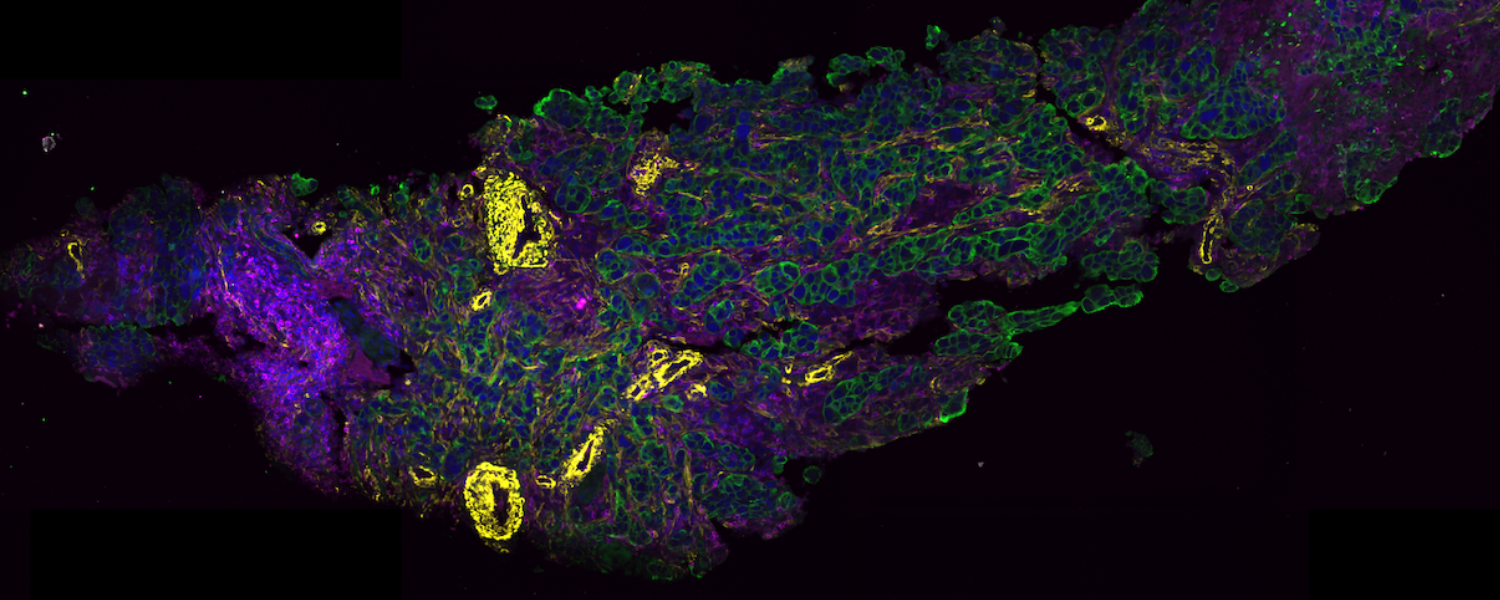
EPIGENETICS IN HEALTH AND DISEASE
Decoding epigenetics in health and disease
All our biological information — the instructions that make us who we are — is encoded in our genes. We get half of our genetic information from our father and half from our mother and, together, this information results in us. But our genes don’t act alone — there is another layer of control that regulates when the instructions in genes are acted upon and when they are not. This extra layer is epigenetics.
Here’s how it works: Essentially every cell in the human body — all 37 trillion of them — has the same set of instructions (that is, the same DNA). But not all the instructions are needed in the same cells at the same time. For example, a heart muscle cell only needs to know how to be a heart muscle cell; it does not need to know how to be a skin cell or a bone cell. Heart, skin and bone cells have the same instruction manual but they read from different chapters. Epigenetics helps ensure the right instructions are used at the right time by annotating DNA with special chemical markers.
As a global leader in epigenetics research, VAI is home to a host of scientists who investigate how epigenetics help keep us healthy and, when things go wrong, how it contributes to diseases such as cancer, Parkinson’s disease, dementias, metabolic disorders and more.
By the numbers
Epigenetics in health and disease
- 100% of all cancers involve epigenetic changes*
- 6.5ft or 2 meters, is the length of DNA that is packed into every cell in the body
- 14 clinical trials of epigenetic cancer drugs launched by the Van Andel Institute–Stand Up To Cancer Epigenetics Dream Team
VAI scientists who study epigenetics
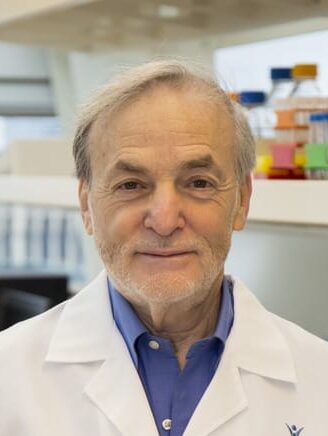
Stephen Baylin, M.D.
Co-leader, Van Andel Institute–Stand Up To Cancer Epigenetics Dream Team
Director’s Scholar and Professor, Department of Epigenetics

Nick Burton, Ph.D.
Assistant Professor, Department of Metabolism and Nutritional Programming
Maternal Effects on Metabolism and Host-Microbe Interactions

Derek Janssens, Ph.D.
Assistant Professor, Department of Epigenetics
Epigenetic Regulation of Hematopoiesis and Leukemia
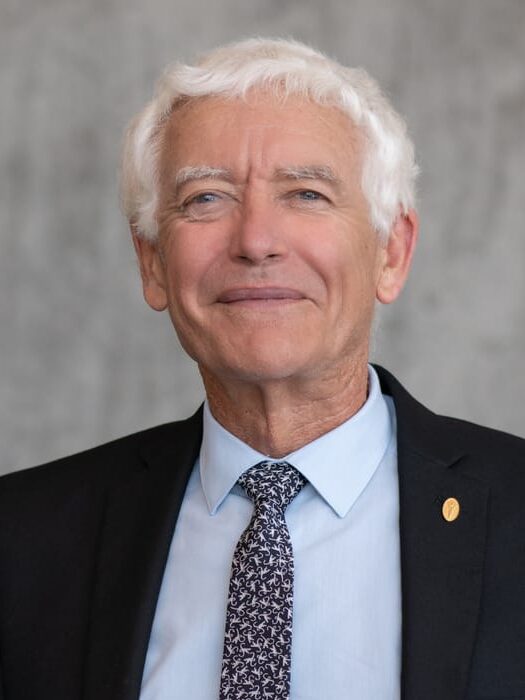
Peter A. Jones, Ph.D., D.Sc. (hon)
President and Chief Scientific Officer
Epigenetic Therapies
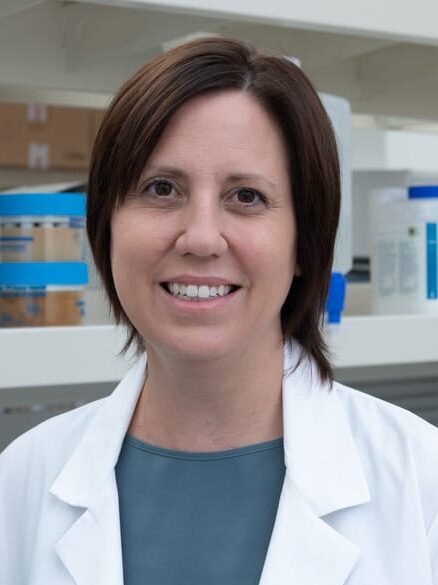
Connie Krawczyk, Ph.D.
Associate Professor, Department of Metabolism and Nutritional Programming
Immunology, Epigenetics and Metabolism

Peter W. Laird, Ph.D.
Professor, Department of Epigenetics; Peter and Emajean Cook Endowed Chair in Epigenetics
Cancer Epigenetics

Adelheid (Heidi) Lempradl, Ph.D.
Assistant Professor, Department of Metabolism and Nutritional Programming
Intergenerational Inheritance of Nutritional States
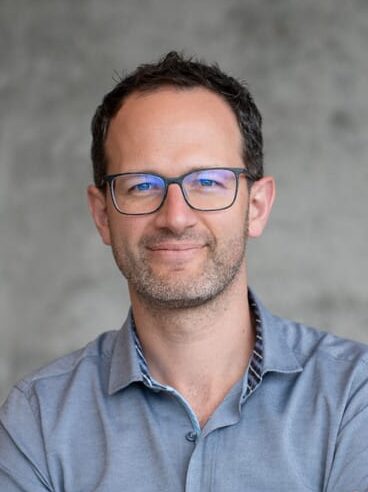
J. Andrew Pospisilik, Ph.D.
Chair and Professor, Department of Epigenetics
Epigenetic Origins of Heterogeneity and Disease

Scott Rothbart, Ph.D.
Professor, Department of Epigenetics
Chromatin and Epigenetic Regulation


Xiaobing Shi, Ph.D.
Professor, Department of Epigenetics
Histone Modifications and Chromatin Regulation

Piroska Szabó, Ph.D.
Associate Professor, Department of Epigenetics
Developmental Programming
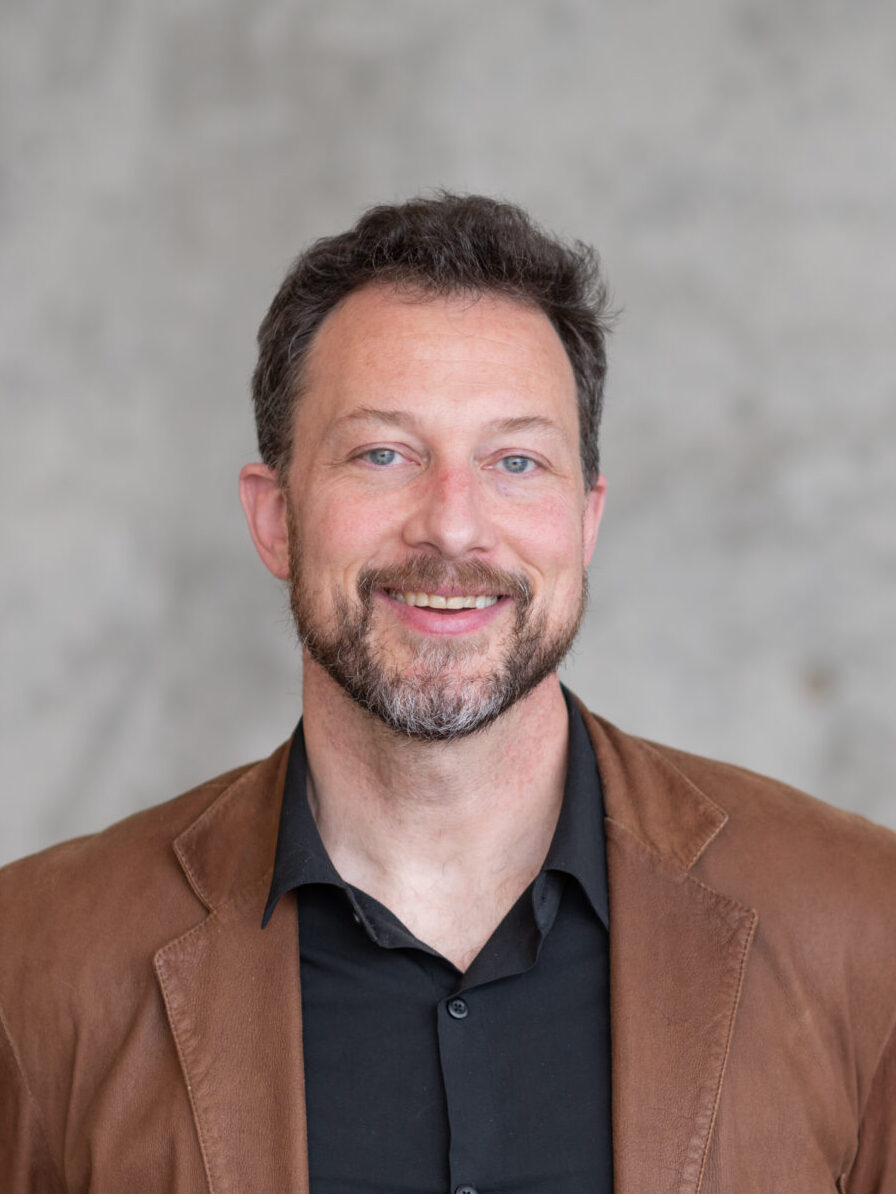
Tim Triche, Jr., Ph.D.
Associate Professor, Department of Epigenetics
Translational Biological Informatics

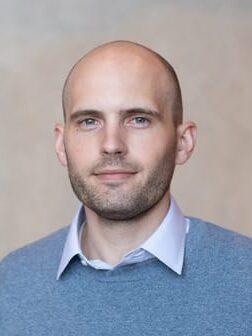
Evan Worden, Ph.D.
Assistant Professor, Department of Structural Biology
Structural Biology of Epigenetic Complexes

Qiang Zhu, Ph.D.
Assistant Professor, Department of Neurodegenerative Science
Genetics, Epigenetics and Therapeutic Innovation in Neurodegenerative Diseases


